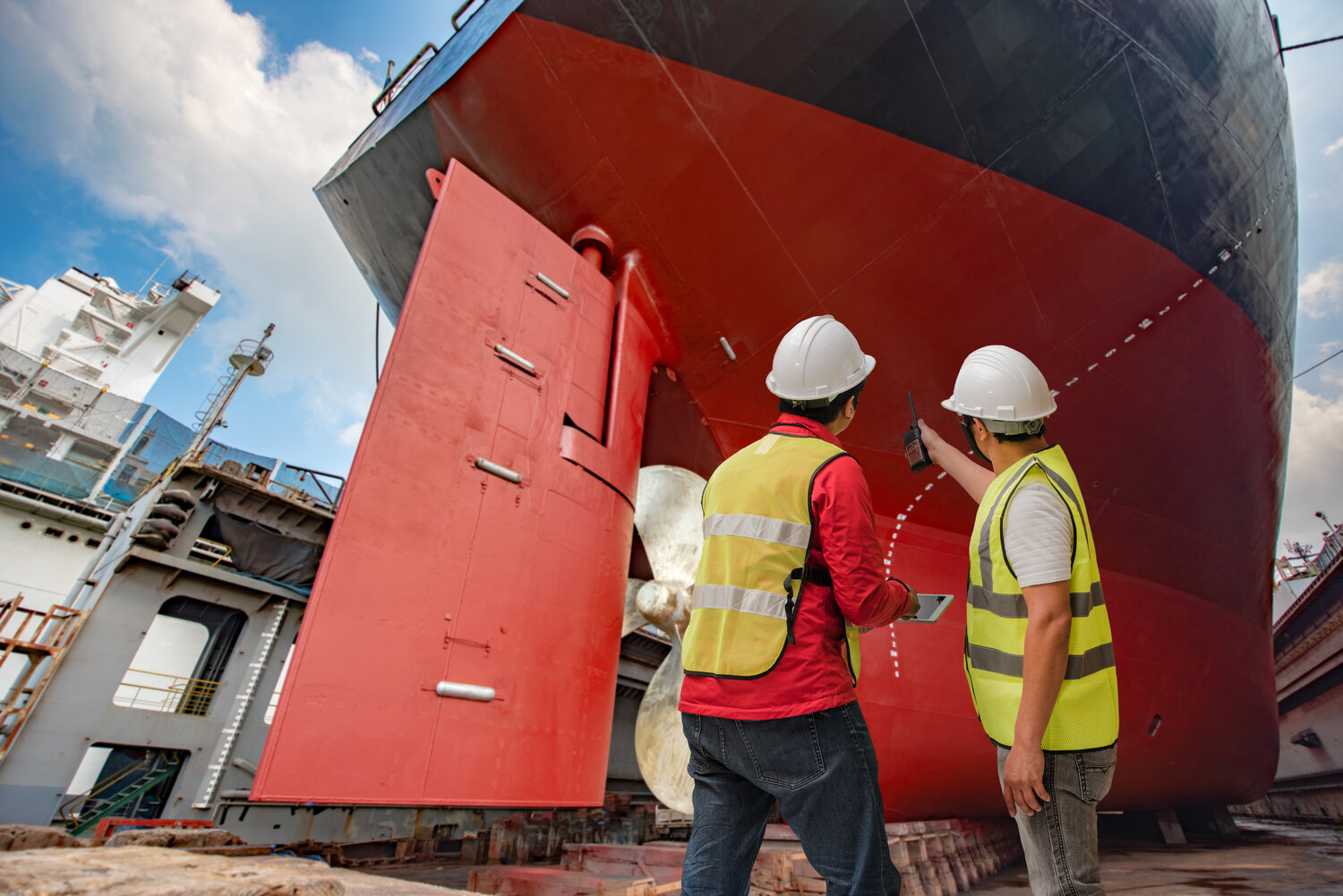
Shipbuilding is an ancient and fascinating industry that has played a crucial role in the growth of civilizations throughout history. From wooden schooners to modern-day supertankers, shipbuilders have honed their craft to construct incredible vessels that navigate the world’s oceans. But there is more to shipbuilding than meets the eye. Behind the scenes, there are intriguing facts and stories that demonstrate the ingenuity, innovation, and dedication of shipbuilders. In this article, we will delve into the world of shipbuilding and uncover nine intriguing facts that shed light on this remarkable industry. So, let’s set sail and explore these fascinating facts about shipbuilders!
Key Takeaways:
- Shipbuilding has been around for thousands of years and continues to evolve, using materials like wood, steel, and fiberglass to create ships for different purposes.
- Shipbuilders are not only innovators but also contributors to the economy, national defense, and sustainability, shaping the maritime world and global economies.
Shipbuilding dates back thousands of years.
Shipbuilding is an ancient practice that can be traced back to at least 4000 BCE, with evidence of early ships found in Egypt and Mesopotamia. The art of constructing vessels has evolved significantly over time, but the fundamental principles remain the same.
Shipbuilders use a variety of materials.
Shipbuilders utilize a wide range of materials, including wood, steel, aluminum, and fiberglass. Each material offers different strengths and characteristics, allowing shipbuilders to design vessels suited for various purposes, such as commercial shipping, naval warfare, or leisure cruising.
Shipbuilding requires precise engineering.
The construction of a ship demands meticulous engineering to ensure stability, safety, and functionality. Shipbuilders utilize advanced computer-aided design (CAD) software to create detailed blueprints and simulations that enable them to optimize the performance of the vessel.
Shipbuilders employ innovative construction techniques.
Shipbuilders constantly strive to enhance construction techniques to improve efficiency and reduce costs. Technologies such as modular construction, where sections of the ship are pre-fabricated off-site and then assembled, are becoming increasingly popular in the industry.
Shipbuilders contribute to economic growth.
The shipbuilding industry plays a vital role in the economy, generating employment opportunities and fostering economic growth. Shipyards not only employ skilled workers but also support a wide range of ancillary industries, such as steel production, engineering services, and maritime logistics.
Shipbuilders prioritize sustainability.
The shipbuilding industry recognizes the need for sustainable practices to protect the environment. Shipbuilders are investing in eco-friendly technologies, such as hybrid propulsion systems and improved fuel efficiency, to reduce the carbon footprint of vessels and minimize their impact on the oceans.
Shipbuilders contribute to national defense.
Shipbuilders play a crucial role in the defense sector by constructing naval vessels for armed forces around the world. These ships are designed to withstand challenging maritime conditions and serve various purposes, including patrol, warfare, and humanitarian missions.
Shipbuilders are at the forefront of innovation.
Shipbuilding requires continuous innovation to keep up with the evolving trends and demands of the industry. Shipbuilders are pioneers in developing cutting-edge technologies, such as autonomous ships, underwater drones, and advanced navigation systems.
Shipbuilders are part of a global industry.
The shipbuilding industry is truly international, with shipyards and companies operating on a global scale. Shipbuilders collaborate across borders to exchange knowledge, expertise, and resources, ensuring the growth and progress of the industry as a whole.
Conclusion
In conclusion, shipbuilders are fascinating individuals who play a crucial role in shaping the maritime industry. They possess a unique skill set and knowledge of various engineering principles to construct vessels that can navigate the seas effectively. Whether it’s building massive cargo ships or luxurious cruise liners, shipbuilders contribute to the global economy and the travel and tourism sector.
Their expertise, attention to detail, and commitment to safety ensure that every ship meets stringent standards and can withstand the harsh conditions of the open ocean. Shipbuilding is a complex and challenging process that requires collaboration, innovation, and precision engineering.
Next time you see a majestic ship sailing across the horizon, remember the dedicated shipbuilders who brought it to life, and appreciate their remarkable craftsmanship and contribution to the maritime world.
FAQs
Q: What skills are required to become a shipbuilder?
A: Shipbuilders need a strong understanding of engineering principles, proficiency in welding and metalworking, knowledge of naval architecture, and excellent problem-solving skills.
Q: What type of education or training is needed to become a shipbuilder?
A: Shipbuilders typically require a high school diploma or equivalent, followed by an apprenticeship or vocational training in shipbuilding or a related field. Some may pursue a degree in marine engineering or naval architecture for advanced positions.
Q: How long does it take to build a ship?
A: The time taken to build a ship can vary depending on its size, complexity, and the availability of resources. It can range from a few months for smaller vessels to a few years for larger ones.
Q: What are some challenges faced by shipbuilders?
A: Shipbuilders face challenges such as incorporating new technologies, meeting strict safety regulations, managing costs and budgets, and adapting to changing market demands.
Q: Is shipbuilding a sustainable industry?
A: Yes, the shipbuilding industry continuously strives to achieve sustainability by implementing environmentally friendly practices such as using eco-friendly materials, improving fuel efficiency, and reducing emissions.
Shipbuilding's rich history and modern innovations captivate enthusiasts worldwide. Curious minds might also find interest in exploring the unique aspects of Mykolayiv Nikolaevskaya oblast, a region with its own fascinating story. Geoje, a South Korean shipbuilding hub, offers a glimpse into the industry's global impact and technological advancements. Sunderland, once a prominent shipbuilding center in England, showcases the legacy and resilience of this essential trade.
Was this page helpful?
Our commitment to delivering trustworthy and engaging content is at the heart of what we do. Each fact on our site is contributed by real users like you, bringing a wealth of diverse insights and information. To ensure the highest standards of accuracy and reliability, our dedicated editors meticulously review each submission. This process guarantees that the facts we share are not only fascinating but also credible. Trust in our commitment to quality and authenticity as you explore and learn with us.


